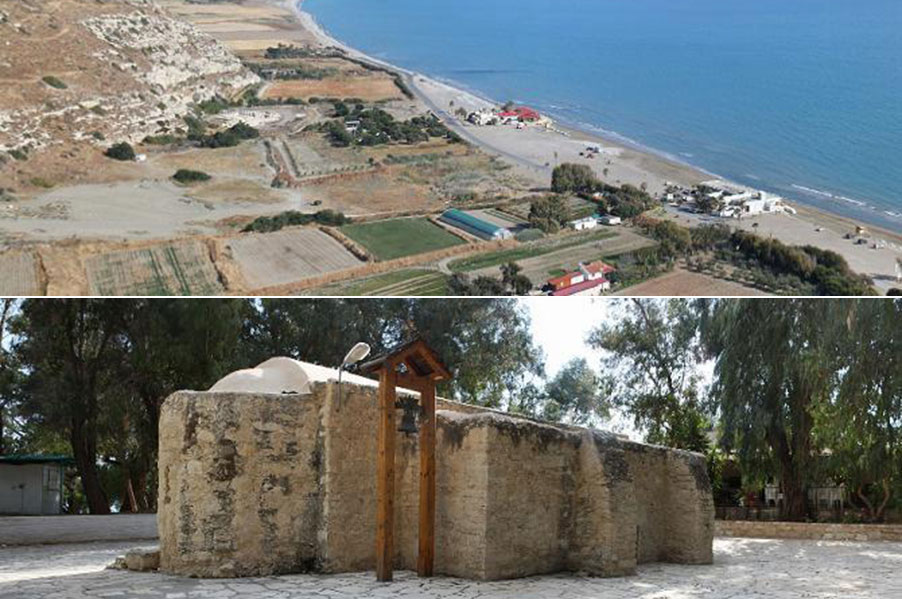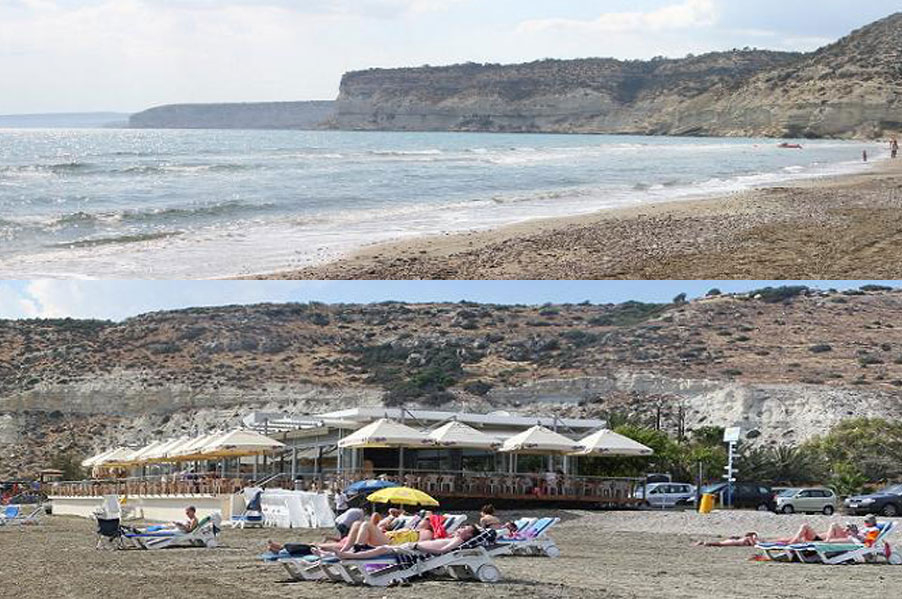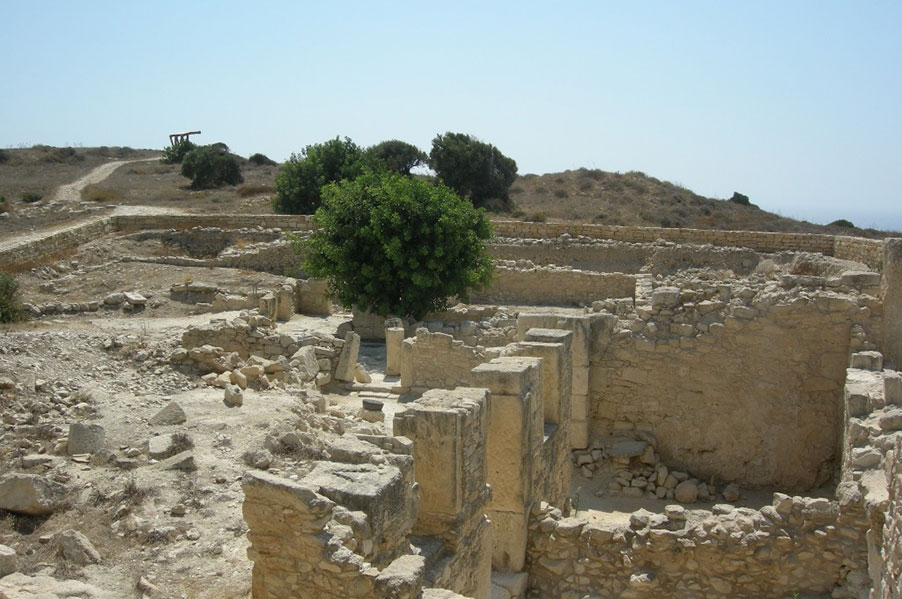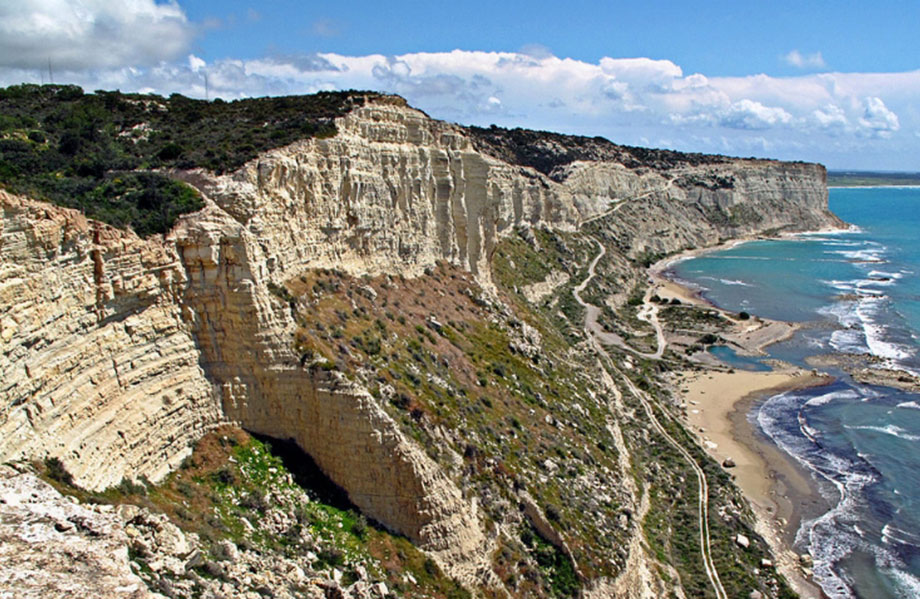- Home
- Limassol
- Limassol Entries
- Episkopi
Description
Episkopi in Greek means "home of the bishop". The village took its name from the bishopric (Episkopi) created in the village during the 1192-1489 AD Frankish (Lusignan) period.
In Episkopi there are a number of historical and archaeological sites: The settlement of Faneromeni, to the south-east, belongs to the Middle Bronze Age, while the necropolis of Faneromeni, to the south-east, dates back to the end of the Early Bronze Age. The walled settlement depended upon agriculture and animal raising, often reinforced by hunting and limited fishing. Pamboula settlement on the top and the slopes of the rise to the east, belonged to the Early Bronze Age. A few of the findings are exhibited in the Archaeological Museum at Episkopi. The necropolis of Kaloriziki is the largest unearthed necropolis in the area of Kourio so far. In a tomb, dating back to the 12th century B.C., the well-known Mycenean golden scepter of Kourio was found.



